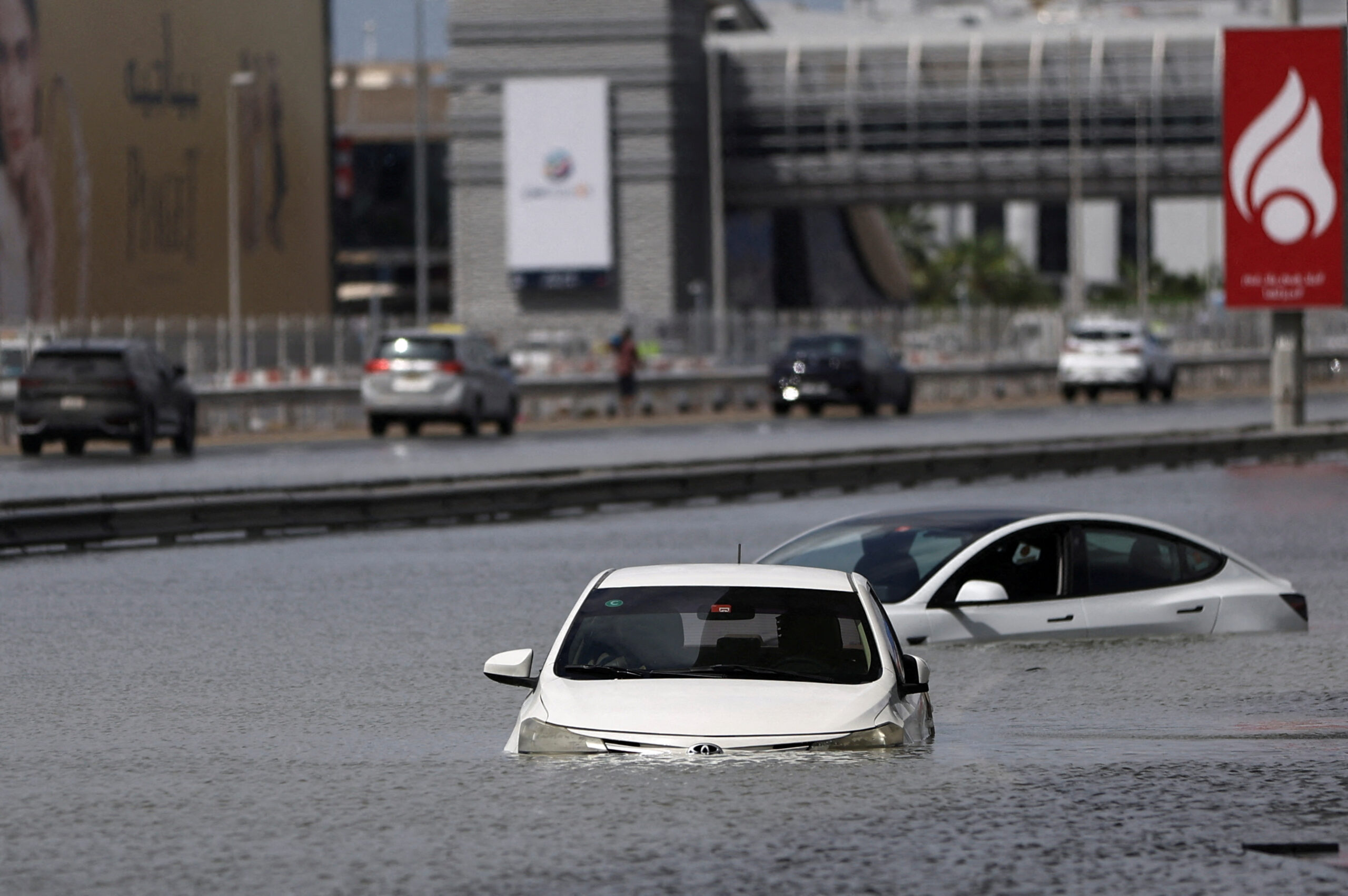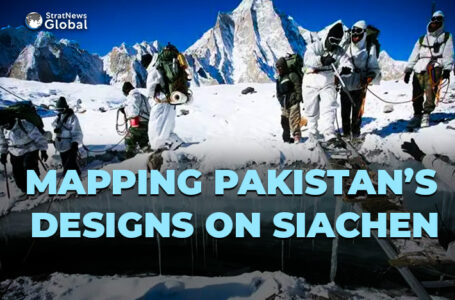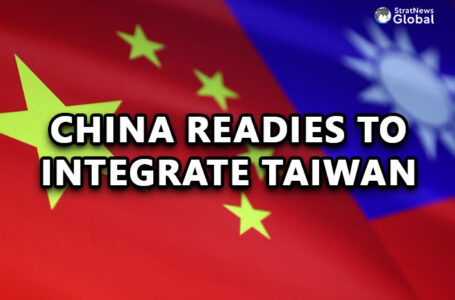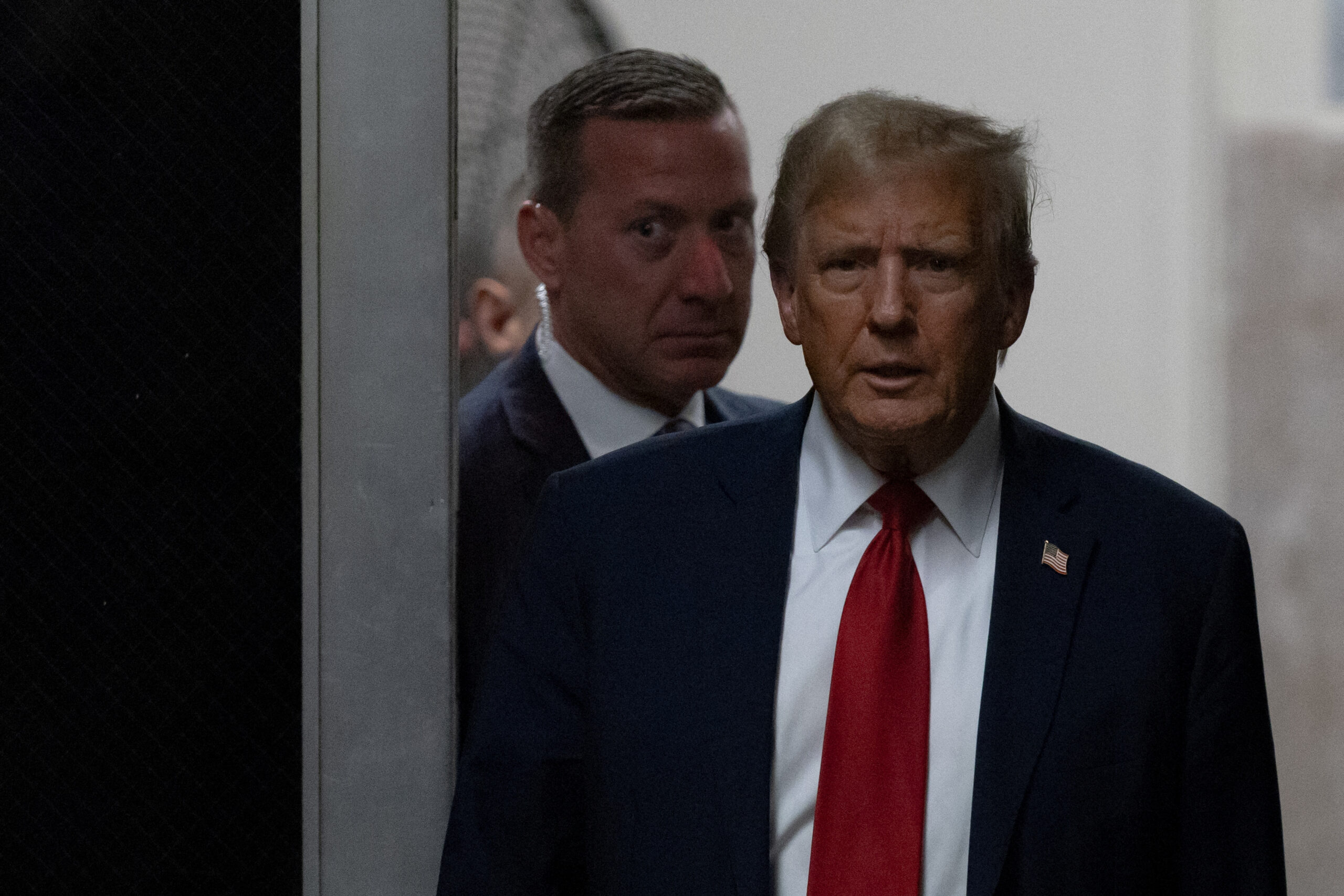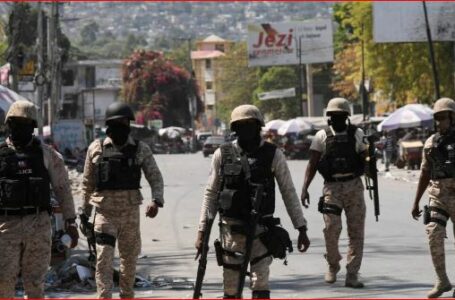Trump Trial: Judge Upholds $83.3 Million Defamation Payout T...
India, U.S. Speed Up Key Deal On Geospatial Intelligence
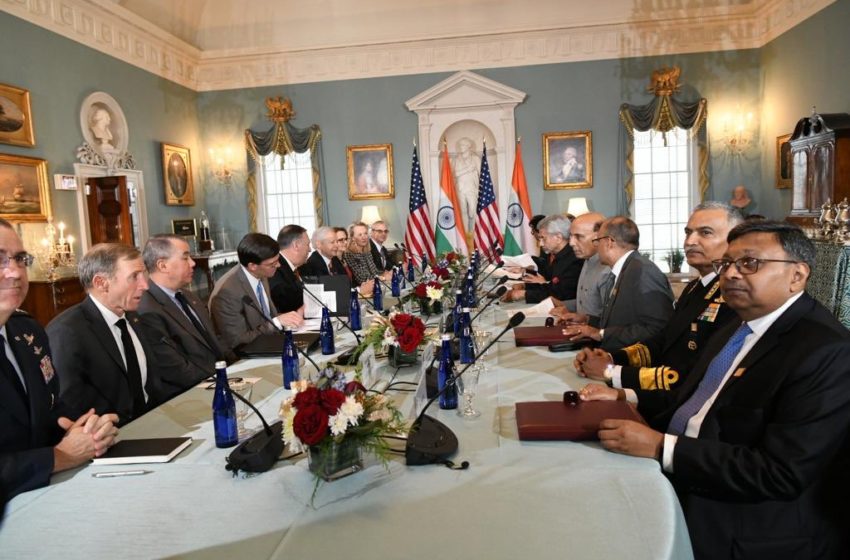
The second U.S.-India 2+2 dialogue that was held in Washington, D.C. in December last year had agreed to continue discussion on Basic Exchange and Cooperation Agreement. (Photo: www.in.usembassy.gov)
NEW DELHI: India and the United States are dusting off plans to sign the third foundational agreement between the two countries nearly eight months after defence and foreign ministries of both sides discussed it. The Basic Exchange and Cooperation Agreement (BECA) is one of the three foundation agreements that need to be signed by a country with the United States to share high-end encrypted communication and satellite data.
India is already a signatory to two of the three agreements—the Logistics Exchange Memorandum of Agreement (LEMOA) was signed in 2016 and the Communications, Compatibility and Security Agreement (COMCASA) was inked in 2018.
During the second 2+2 Dialogue between India and the U.S. in December 2019, the two countries reviewed the progress of LEMOA and COMCASA and agreed to continue discussion on BECA in 2020.
This month both sides revived interest in signing BECA as soon as possible. India’s defence and external affairs ministries are said to be in consultations over the draft of the India-specific BECA agreement after Washington expressed the desire to conclude it before the U.S. Presidential elections in November.
As already reported, U.S. military satellites have provided India with detailed intelligence of Chinese PLA movement and deployments during the current standoff along the Line of Actual Control in Ladakh.
The conclusion of BECA would allow India to access a range of topographical, nautical and aeronautical data, engage in subject matter expert exchanges and receive training at the U.S. National Geospatial Intelligence College, those in the know point out. This agreement permits Indian military to function on high-end secured and encrypted communication equipment that are installed on American platforms obtained by Indian armed forces. These platforms include C-130 J, C-17, P-8I aircraft, and Apache and Chinook helicopters. This facilitates greater interoperability between forces and military hardware of the two countries, and also possibly with other countries that operate on U.S.-origin platforms.
The agreement would envisage reciprocal exchange of data for defence, peacekeeping or humanitarian assistance without any payment of royalties or license fees and are designed to facilitate mutual technical assistance and joint gathering of data (including hydrographic data in unchartered waters via surveys).
Already, COMCASA and LEMOA have given India and the U.S., more particularly their navies, access to use each other’s facilities for logistics and supply and borrow spare parts and carry out maintenance when required even in distant places, away from India’s normal areas of operations.
The U.S.-India maritime cooperation has enabled India to get real time intelligence from the U.S. on the PLA Navy’s activities in South China Sea and its movement towards the Indian Ocean. Similarly, Indian naval intelligence inputs are also available to the U.S. Navy whenever required. An Indian officer is now permanently posted at the U.S. Navy’s Manama-based US Naval Forces Central Command (NAVCENT) facilitating easier liaison between the two navies.






